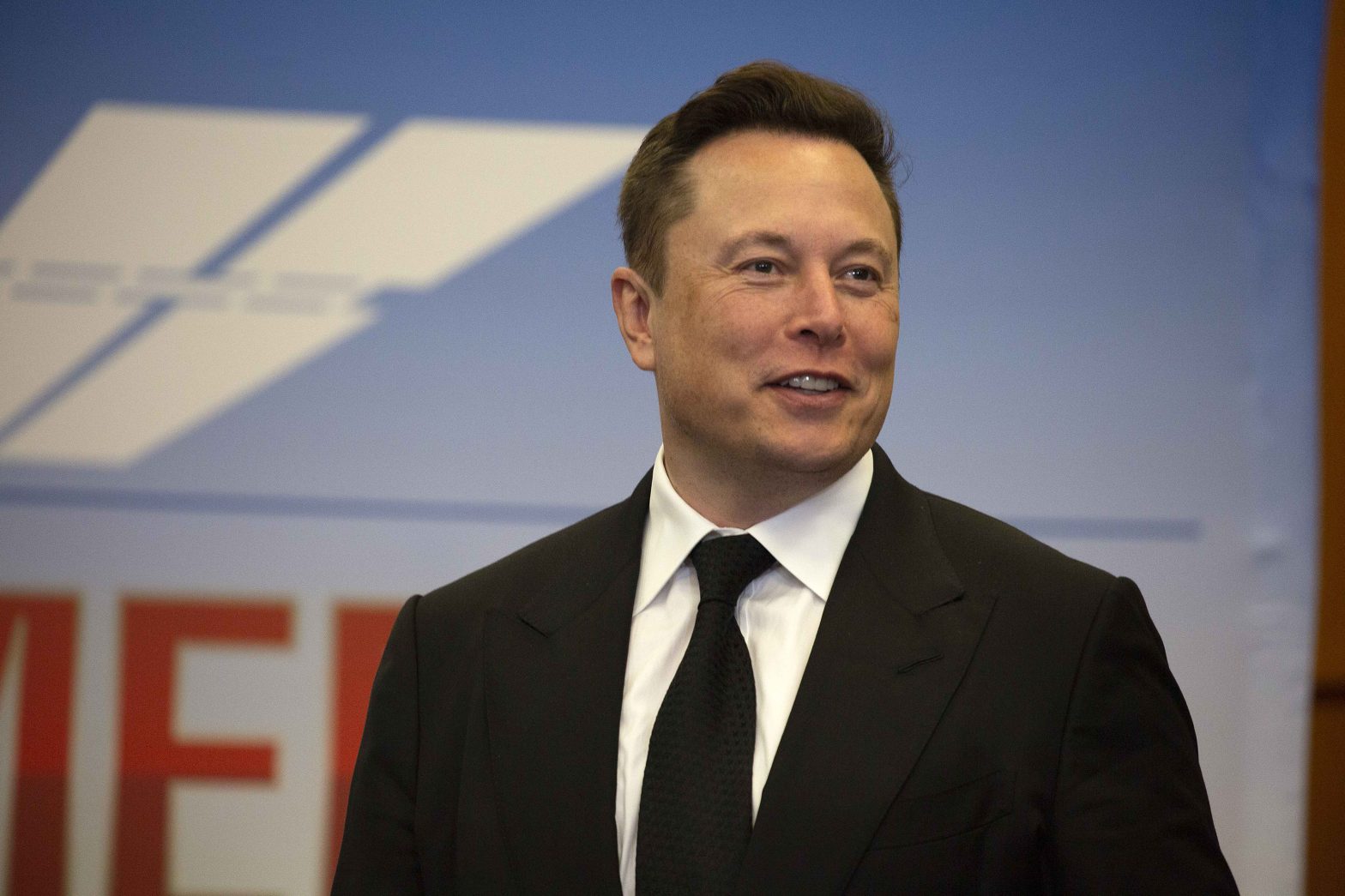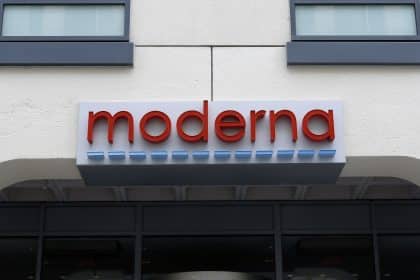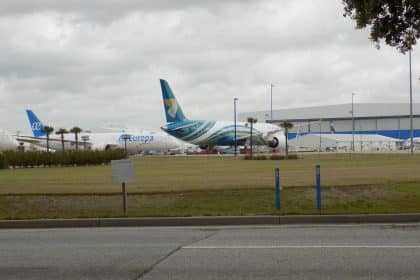FCC Rejects Subsidies for Musk’s Starlink, LTD Broadband

WASHINGTON — The Federal Communications Commission officially denied applications from SpaceX to deploy Starlink satellites to help bridge the broadband gap and from another company, LTD Broadband, that would expand its wireless internet.
“After careful legal, technical and policy review, we are rejecting these applications. Consumers deserve reliable and affordable high-speed broadband,” said Chairwoman Jessica Rosenworcel in a statement Wednesday. “We must put scarce universal service dollars to their best possible use as we move into a digital future that demands ever more powerful and faster networks. We cannot afford to subsidize ventures that are not delivering the promised speeds or are not likely to meet program requirements.”
The companies won bids for these government subsidies from the Rural Digital Opportunity Fund in 2020.
LTD Broadband won $1.3 billion for its fixed wireless network, and Space Exploration Technologies Corp., which owns Starlink, won $885 million to launch its satellites.
LTD Broadband didn’t properly register as a telecommunications carrier in seven of the 15 states it was awarded funds to expand broadband in. Because it wasn’t properly registered, the commission determined the company wasn’t capable of expanding its network as it promised in the original application, according to the commission.
Musk’s Starlink was ultimately too expensive for commissioners to agree to.
“Starlink’s technology has real promise,” Rosenworcel said. “But the question before us was whether to publicly subsidize its still developing technology for consumer broadband — which requires that users purchase a $600 dish — with nearly $900 million in universal service funds until 2032.”
SpaceX’s Starlink has been used to help connect people to the internet in a variety of situations when there have been barriers ranging from rural geography to war.
In Arizona, Coconino County officials worked with the company to bring internet to Navajo Nation students. And this year as Russia invaded Ukraine, Musk promised Ukrainian officials access to Starlink’s network.
These denials come on the heels of the commission issuing fines at the end of July to companies that have not moved ahead with their subsidized broadband expansion plans. The commissioners have each promised in public meetings that they want to ensure the funds get used properly, implementing safeguards into the various programs seeking to expand broadband access.
Despite these applications not moving forward, the commission is awarding $21 million from the program to three companies that will bring gigabit fiber internet service to nearly 15,000 homes and businesses in Tennessee, Texas, Utah and Wyoming.
Overall, the Rural Digital Opportunity Fund has been used to give $5 billion in subsidies to expand broadband since the program’s inception in 2019 that will award over $20 billion to expand rural broadband. So far more than 3 million homes and businesses have been connected to the internet in 47 states through the program, mostly by fiber optic cable.
The Well News has reached out to SpaceX and LTD Broadband for comment and will update if the companies respond.
Madeline can be reached at [email protected] and @MadelineHughes























